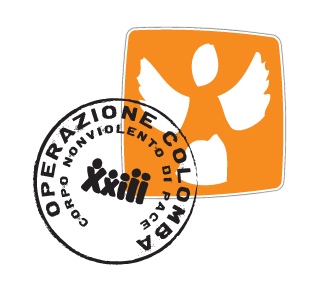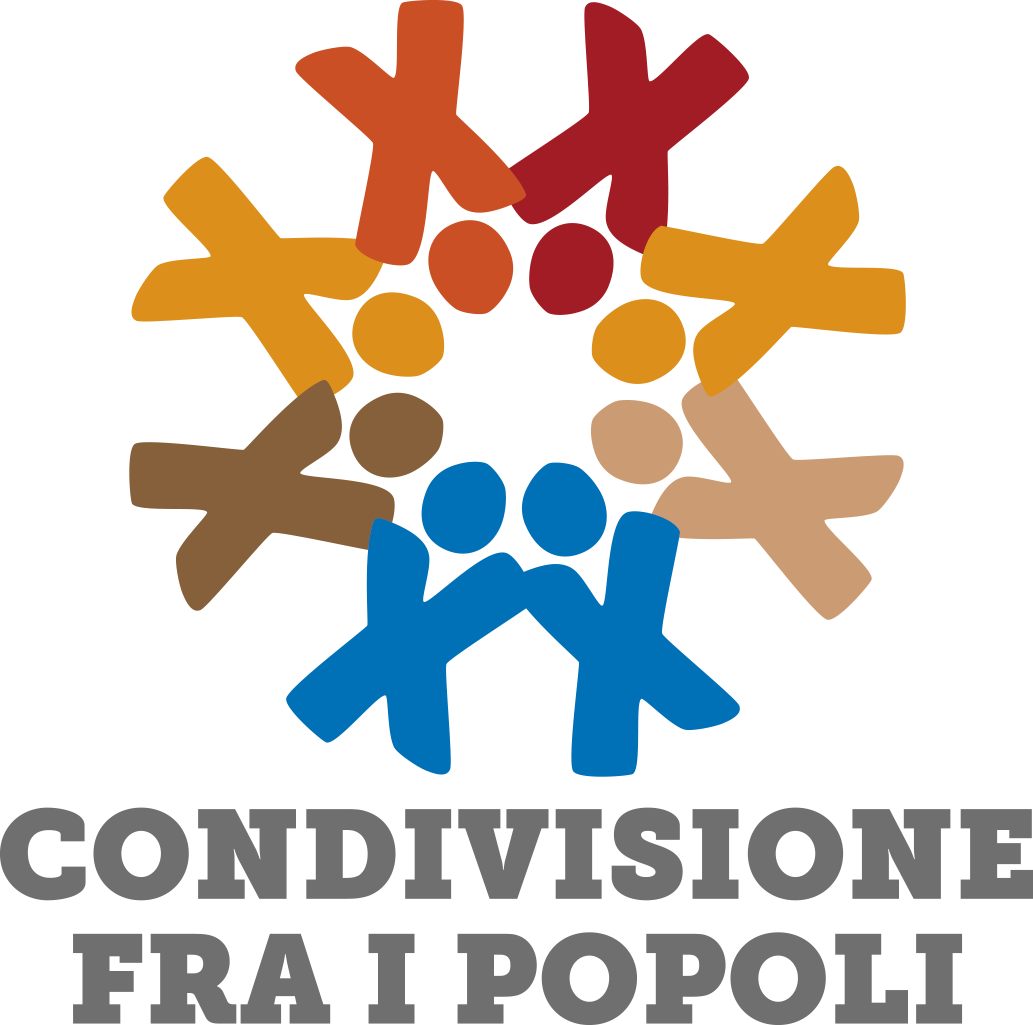CURRENT SITUATION
"Mario Paciolla represents - like few - all those wonderful people with whom we feel a connection coming from the heart and our lives, the kind of person who do not believe in Italian, Colombian, French, Ecuadorian nationality or whatever it is, but believe that life need to be built by taking care of each other, recognizing each other, being critical and self-critical and by creating real alternatives in the face of what is happening".
Manuel Rozental, activist for the organization “Pueblos en Camino” in Colombia, used these words to describe Mario Paciolla during an interview for the Italian newspaper “Manifesto”.
The circumstances of Mario’s death, which took place on July 15th in San Vicente del Caguán, still remain to be clarified. In recent weeks, this episode has strongly re-emerged - as reported in the SIR article - when the Senator Roy Barreras, during a debate in the Senate, "asked Defense Minister Holmes Trujillo if the military indicated in a report the name of Paciolla as an informer, since he had interviewed the mothers of 8 children and adolescents who died when the army bombed the FARC’s dissidence ... ". By reading the article, we also learn that: “The senator revealed there was allegedly an intelligence report about an Italian UN humanitarian worker who was accused of leaking information about the bombing”.
Day by day a pervasive sense of uncertainty and insecurity is haunting the Colombian population who has been bent by the violent acts committed by many illegal armed groups such as the AGC (Autodefensas Gaetanistas de Colombia). At the beginning of October, this illegal armed group smeared walls and vehicles in several cities writing “AGC are present” and leaving flyers in many regions including Antioquia, Cordoba, Chocò and Sucre. By these gestures, they wanted to announce their presence and their determination to stay and control as many territories as possible.
As reported in the public Costancia of the Peace Community of San Josè de Apartadò, the AGCs’ graffiti and flyers also appeared nearby the Community and in the neighboring villages. In these places, the illegal armed group moves and controls the zone with armed men both in towns and rural areas. The Community continues to be threatened due to the Human Rights violations its members keep on reporting. These violations are also committed because of the development policies focused on mining, often implemented by illegal land expropriation and without any legal consultation with the inhabitants.
In addition to the continuous massacres which have caused dozens of victims in recent months, other killings occurred in October. Four people were murdered during an attack in Jamundì, Cauca Valley, and Mr. Eduardo Alarcón, a social leader who was engaged in the agrarian reform’s promotion, was killed in Huila.
Moreover, in Medellin the assassination of Campo Elias Galindo, university professor and activist for the sociopolitical movement “Colombia Humana”, made the political climate even more heated. Among the murder’s motive, Senator Gustavo Petro indicated Galindo’s political and socio-economic positions about the controversial hydroelectric dam project “Hidroituango” as well as the company appointed to manage the works and beyond.
At the end of the month, Gustavo Herrera, a political leader who had managed Gustavo Petro's presidential campaign in 2018, was assassinated in Popayán. Therefore, Petro turned to the European Parliament asking for the suspension of all the trade agreements between Europe and Colombia due to the continuous Human Rights violations, especially in those economic sectors – like palm oil production and bananas’ plantations - which benefit from the population’s murder and displacement.
Some deputies of the European Parliament (EP) - including French and Catalans members – responded to this request by sending a letter lamenting the return of political violence in Colombia and the strong destabilization of the rule of law. The EP’s deputies also called on the Colombian State to guarantee the safety of its own citizens and invited the international community to monitor the situation in Colombia.
The second report drafted by the Attorney General of the Nation was presented to Congress recently. The document contains the figures showing the implementation’s failure of the Peace Agreement, including the slowly and lacking phases of development, planning and community’s participation as well as the problem to verify where and how the money provided for the social fabric’s reconstruction has been invested during the post-conflict period. One figure among all: from 2016 until today only 8,230 hectares of land have been returned to farmers out of 3 million hectares expected to be returned by 2027.
At the end of October, some other demonstrations brought 7,000 indigenous people, together with farmers and Afro-descendants, from Cauca to Bogotà in order to create the Minga, a space for community organization. During this coloured, rightful and dynamic march, the access to land, the territory’s protection, the call for a true and constructive social dialogue were the main issues.
These people draw on their ancestral heritage and incorruptible values related to the environment protection, representing and carrying on a land recovery process called “Liberation of Mother Earth” in Cauca region. The mentality which is animating this process opposes the capitalist economy and the territories’ exploitation mainly led through mining companies.



 OPERAZIONE COLOMBA
OPERAZIONE COLOMBA
